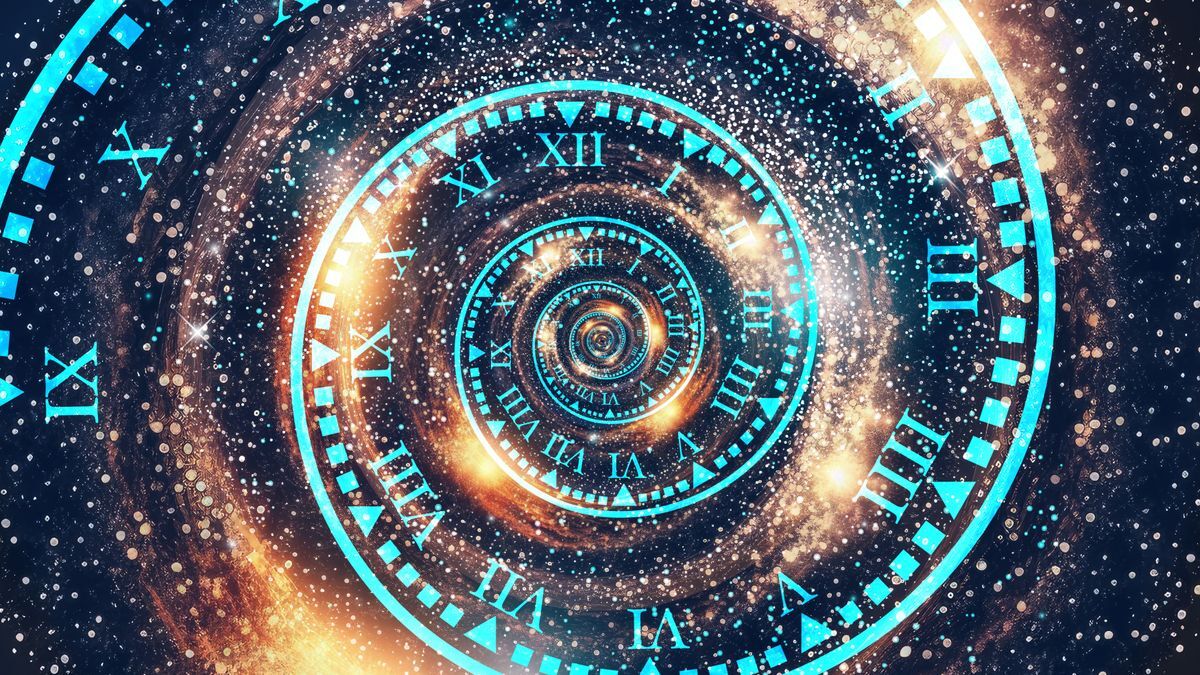Physicists have struggled to understand the nature of time since the field began. But a new theoretical study suggests time could be an illusion woven at the quantum level.
Time may not be a fundamental element of the universe but rather an illusion emerging from quantum entanglement, a new study suggests.
Time is a thorny problem for physicists; its inconsistent behavior between our best theories of the universe contributes to a deadlock preventing researchers from finding a “theory of everything,” or a framework to explain all of the physics in the universe.
But in the new study, researchers suggest they may have found a clue to solving that problem: by making time a consequence of quantum entanglement, the weird connection between two far-apart particles. The team published their findings May 10 in the journal Physical Review A.
“There exists a way to introduce time which is consistent with both classical laws and quantum laws, and is a manifestation of entanglement,” first author Alessandro Coppo, a physicist at the National Research Council of Italy, told Live Science. “The correlation between the clock and the system creates the emergence of time, a fundamental ingredient in our lives.”

